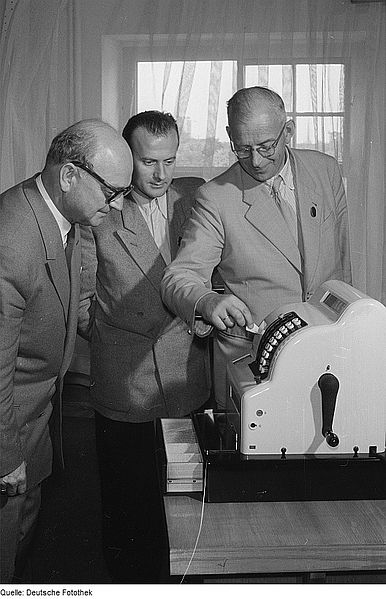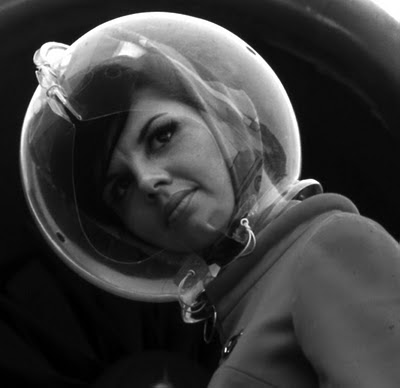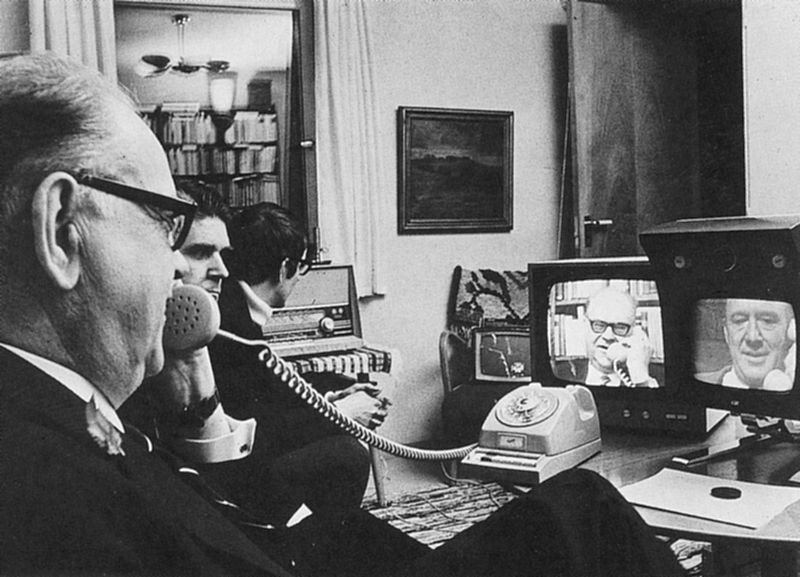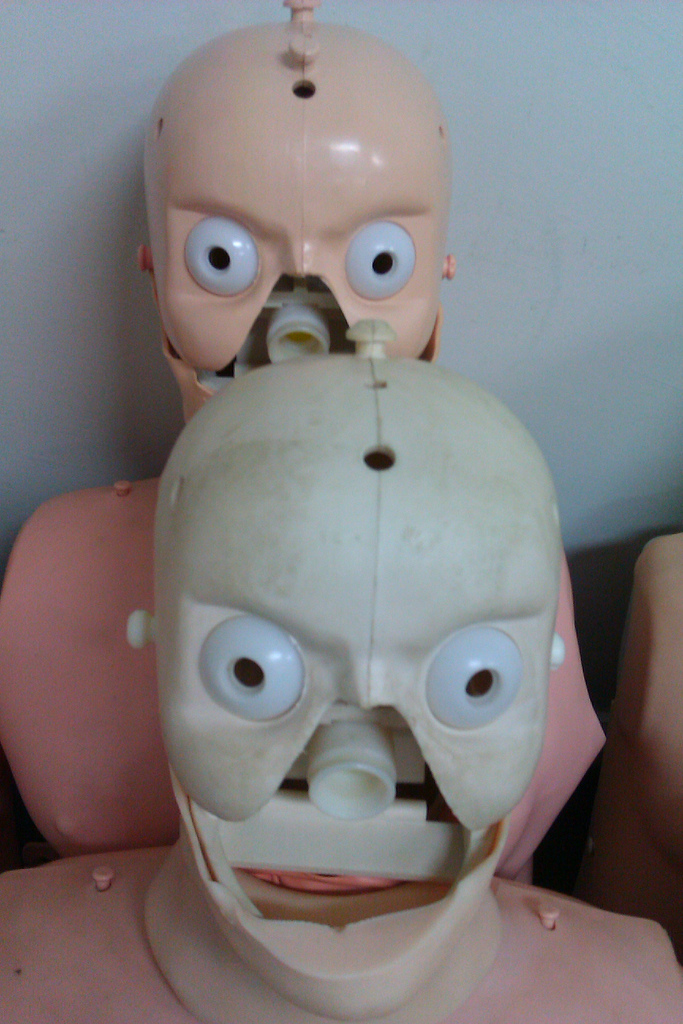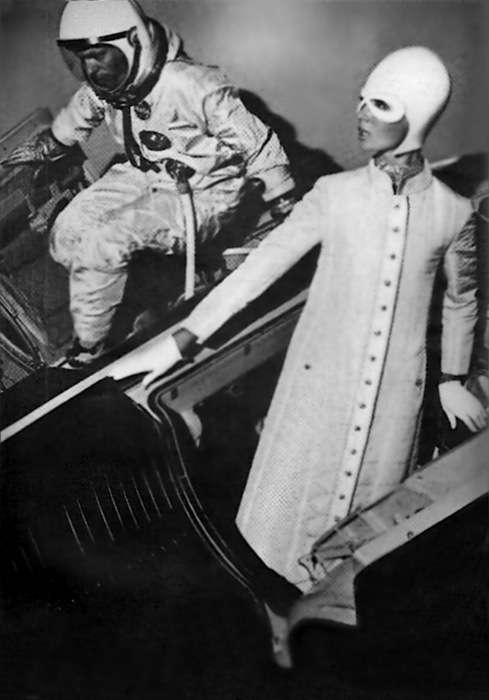
A passage about genetic engineering from a 1978 Omni interview with Alvin Toffler, which was conducted by leathery beaver merchant Bob Guccione:
“Omni:
What’s good about genetic engineering?
Alvin Toffler:
Genetic manipulation can yield cheap insulin. It can probably help us solve the cancer riddle. But, more important, over the very long run it could help us crack the world food problem.
You could radically reduce reliance on artificial fertilizers–which means saving energy and helping the poor nations substantially. You could produce new, fast-growing species. You could create species adapted to lands that are now marginal, infertile, arid, or saline. And if you really let your long-range imagination roam, you can foresee a possible convergence of genetic manipulation, weather modification, and computerized agriculture–all coming together with a wholly new energy system. Such developments would simply remake agriculture as we’ve known it for 10,000 years.
Omni:
What is the downside?
Alvin Toffler:
Horrendous. Almost beyond our imagination, When you cut up genes and splice them together in new ways, you risk the accidental escape from the laboratory of new life forms and the swift spread of new diseases for which the human race no defenses.
As is the case with nuclear energy we have safety guidelines. But no system, in my view, can ever be totally fail-safe. All our safety calculations are based on certain assumptions. The assumptions are reasonable, even conservative. But none of the calculations tell what happens if one of the assumptions turns out to be wrong. Or what to do if a terrorist manages to get a hold of the crucial test tube.
A lot of good people are working to tighten controls in this field. NATO recently issued a report summarizing the steps taken by dozens of countries from the U.S.S.R. to Britain and the U.S. But what do we do about irresponsible corporations or nations who just want to crash ahead? And completely honest, socially responsible geneticists are found on both sides of an emotional debate as to how–or even whether–to proceed.
Farther down the road, you also get into very deep political, philosophical, and ecological issues. Who is to write the evolutionary code of tomorrow? Which species shall live and which shall die out? Environmentalists today worry about vanishing species and the effect of eliminating the leopard or the snail darter from the planet. These are real worries, because every species has a role to play in the overall ecology. But we have not yet begun to think about the possible emergence of new, predesigned species to take their place.”


